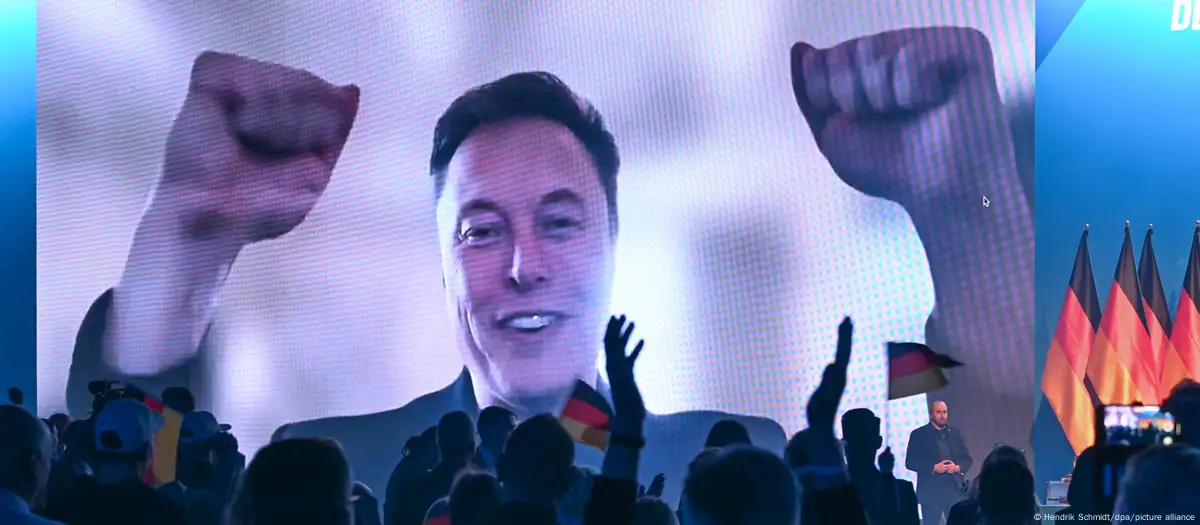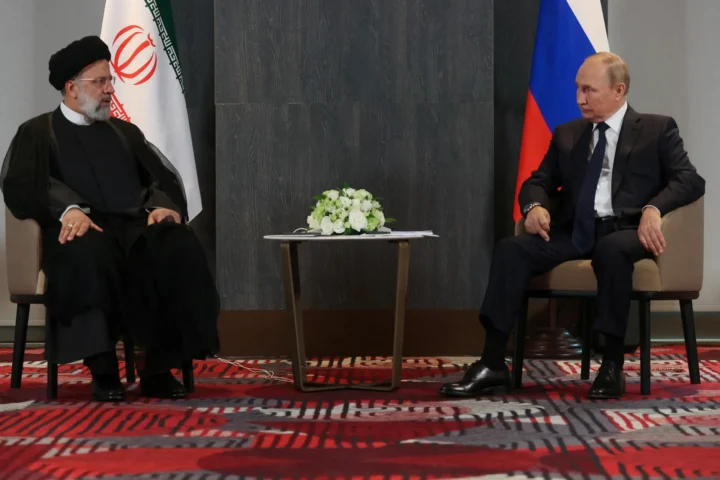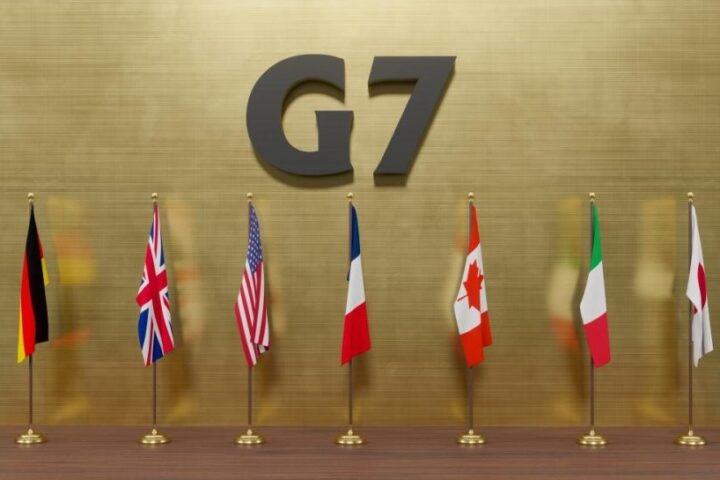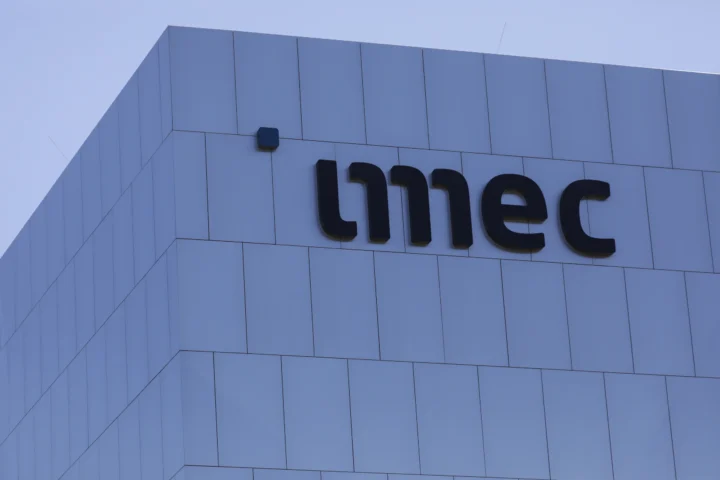A poll of German voters found that 88% fear manipulation from foreign actors or governments as they prepare to cast ballots on February 23. Russia and the US ranked as the perceived top threats, followed by China.
German voters are overwhelmingly concerned about foreign election interference according to a new poll published by the Brussels-based digital industry association Bitkom.
Overall, the poll found that 88% of the more than 1,000 eligible voters surveyed expressed fear that outside forces, whether governments, groups or individuals, would actively attempt to sway the vote through social media campaigns.
Ranked highest among those suspected of nefarious activity was Russia (45%), followed by the US (42%) and China (26%). There was also concern voiced over East European actors (8%).
Those voters polled also provided insight into how they form their political opinions, with 82% citing conversations with friends and family, 76% television and 69% the internet.
Some 80% of respondents felt the next government should address the problem of potential internet and social media misinformation by prioritizing digital policy.
Bitkom President Ralf Wintergerst picked up on a trend in which 71% of respondents called for a new independent ministry to be created to address the issue, saying, “The new digital ministry must be equipped with all the necessary rights and resources, needs its own budget and a digital proviso for new laws and projects.”
German voters already seeing disinformation
One-third of those voters who say they use the internet as a source of news and information told Bitkom that they had already seen misinformation online.
The biggest concerns expressed by voters overwhelmingly had to do with the threat of so-called deepfakes — or realistic but entirely fake videos, photos or audio — and targeted disinformation. Some 56% of respondents said German democracy was ill-prepared to counter such threats.
Another 30% of respondents said they had already run into misinformation about the coming election online.
“Voter awareness for disinformation is increasing,” said Bitkom’s Wintergerst. “That is an important first step against Fake News. Disinformation can dramatically influence Germany’s federal elections by generally skewing public opinion and defaming candidates or parties.”
Wintergerst called elections the “heart of or democracy,” but warned that “disinformation undermines trust in the democratic process.” On a positive note, he added that “an informed society is the best protection against digital manipulation.”
German voters suspicious of Russian, US meddling
Among those countries with a reputation for foreign election interference, Russia has earned a top spot. Its well-documented troll farms, its use of bots and its efforts in past US and European elections provide ample evidence thereof.
Russia also has an antagonistic relationship with most European countries, is interested in driving EU disunity and has plenty of axes to grind with all but the most extreme populist parties on the continent — both left and right.
One glaringly obvious source of active US interference is Elon Musk.
The world’s richest man, Donald Trump’s biggest single donor and the owner of the social media platform X, Musk has been brazen in his insults of German leaders and his backing of the far-right and in part extreme Alternative for Germany (AfD) party, calling it the country’s only hope.
In early January, Musk, who has 216 million followers on X, sat down with AfD leader Alice Weidel for a rambling one-hour live discussion on the platform. He has also made a name for himself by pushing far-right extremists in the UK, using his outsized media presence — and lack of accountability — to push for government change.
US social media companies have generally abdicated responsibility for keeping disinformation in check, arguing consumers need to be aware of what they read and shirking any gatekeeping responsibility for the masses of disinformation generated and distributed on their sites.
It remains an open question as to whether the EU, which generally has tougher Code of Practice on Disinformation standards than the US (as seen in the EU’S Digital Services Act, or DSA), is up to the task of holding those sites responsible.
Domestic threats cannot be ignored — social media and the far-right
China was the third entity mentioned in the study and is known for actively engaging in malign cyber activities. Beyond its digital acts, the country has also found its way into Germany’s political system by infiltrating political parties.
Specifically, questions have been raised about Chinese influence within the far-right AfD as well as an unholy Chinese-Russian alliance that has plagued the party.
Beyond party boss Weidel’s long and unclear relationship with China, the Kremlin-friendly AfD was most famously embroiled in a Chinese spy scandal when the party’s top EU candidate, Maximilian Krah, was found to have a Chinese spy working in his office.
“If Russian interference is like a storm hitting Germany, China’s is like global warming,” said Thomas Haldenwang of the problem back in 2022, when he was president of Germany’s Office for the Protection of the Constitution.
Voters polled in the Bitkom survey also voiced broad concern (66%) over AfD’s own aggressive social media campaigns, specifically those targeting young voters. Another 87% of those polled were of the opinion that society itself must do more to confront far-right voices online, 78% said the same of the far-left.
There was also largely consensus on a final related point — with 79% of survey respondents agreeing that the biggest winners on social media were populists.








